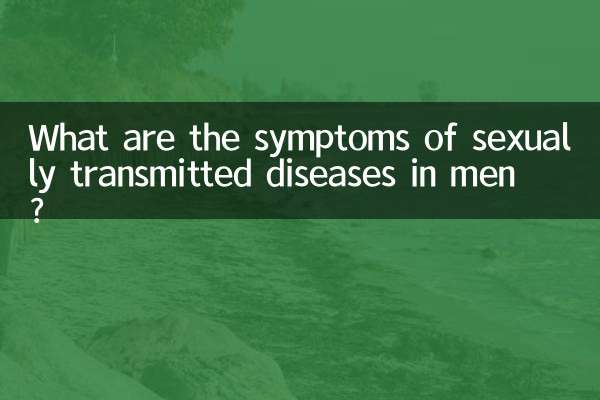Why does stool bleed? ——Causes, symptoms and countermeasures
Bleeding in the stool is a common health problem that can be caused by a variety of causes, ranging from a minor anal fissure to a serious intestinal disorder. This article will combine the popular health topics on the Internet in the past 10 days to provide you with a detailed analysis of the causes, symptoms and countermeasures of stool bleeding, and attach structured data for reference.
1. Common causes of stool bleeding

Bleeding in the stool may be caused by:
| reason | Symptom description | common crowd |
|---|---|---|
| hemorrhoid | Bright red blood, pain or itching during bowel movements | People who sit for a long time and have constipation |
| anal fissure | Severe pain during bowel movements, small amounts of bright red blood | People with constipation and diarrhea |
| intestinal polyps | Painless bleeding, the blood may mix with the stool | Middle-aged and elderly people |
| Inflammatory bowel disease (such as ulcerative colitis) | Mucus and bloody stools, accompanied by diarrhea and abdominal pain | teen or adult |
| colorectal cancer | Dark red or black bloody stools accompanied by weight loss | People over 50 years old |
2. The relationship between recent hot health topics and stool bleeding
According to the hot search data on the entire Internet in the past 10 days, the following health topics are highly related to stool bleeding:
| Hot search keywords | Relevance | focus of discussion |
|---|---|---|
| "Hemorrhoids Symptoms" | high | The incidence of hemorrhoids is rising among young people |
| "Gut Health" | middle | The relationship between diet and intestinal diseases |
| "Colorectal Cancer Screening" | high | The importance of early screening |
| “What to do about constipation” | middle | Anorectal problems caused by constipation |
3. Countermeasures for stool bleeding
If you notice bleeding in your stool, here are some steps you can take:
1.Watch for symptoms: Record the color and frequency of bleeding and whether it is accompanied by other symptoms (such as pain, weight loss, etc.).
2.Adjust diet: Increase dietary fiber intake, drink more water, and avoid spicy and irritating foods.
3.Medical examination: If bleeding continues or worsens, you should seek medical treatment promptly, especially those over 40 years old or those with a family history of intestinal diseases.
4.Avoid sitting for long periods of time: Exercise appropriately and avoid maintaining the same posture for a long time.
4. When do you need immediate medical treatment?
The following situations require medical attention as soon as possible:
| symptom | Possible reasons | Urgency |
|---|---|---|
| Large amounts of bright red bloody stool | Ruptured hemorrhoids or intestinal bleeding | high |
| black tarry stool | upper gastrointestinal bleeding | high |
| Accompanied by abdominal pain and fever | infection or inflammatory bowel disease | Middle to high |
| Significant weight loss | Tumor or other serious illness | high |
5. Tips to prevent stool bleeding
1. Maintain regular bowel movements to avoid constipation or diarrhea.
2. Eat a balanced diet, eat more fruits and vegetables and less spicy food.
3. Regular physical examination, especially colonoscopy is recommended for people over 40 years old.
4. Avoid sitting for long periods of time and exercise appropriately to promote intestinal peristalsis.
Conclusion
Although stool bleeding is common, it should not be ignored. This problem can be effectively prevented and dealt with by observing symptoms, adjusting living habits, and seeking medical attention promptly. If your symptoms persist or worsen, be sure to consult a medical professional.

check the details

check the details